
Published:
Readtime: 11 min
Every product is carefully selected by our editors and experts. If you buy from a link, we may earn a commission. Learn more. For more information on how we test products, click here.
If you’ve ever found yourself with a strong case of the mid-afternoon yawns, chances are you’ve scrambled for a caffeine hit or sugar rush to boost your energy. But as we all know, the energy hit you receive from those snacks is entirely short-lived, and within an hour or two, you are right back where you started. It’s a yo-yo effect you should try to avoid, not just because sugar-filled snacks will ruin your waistline, but because continuous bursts of high-energy input can throw your metabolic rhythm out of whack. Rather than reach for the short-lived solution, what you need to do is find a method to boost energy naturally.
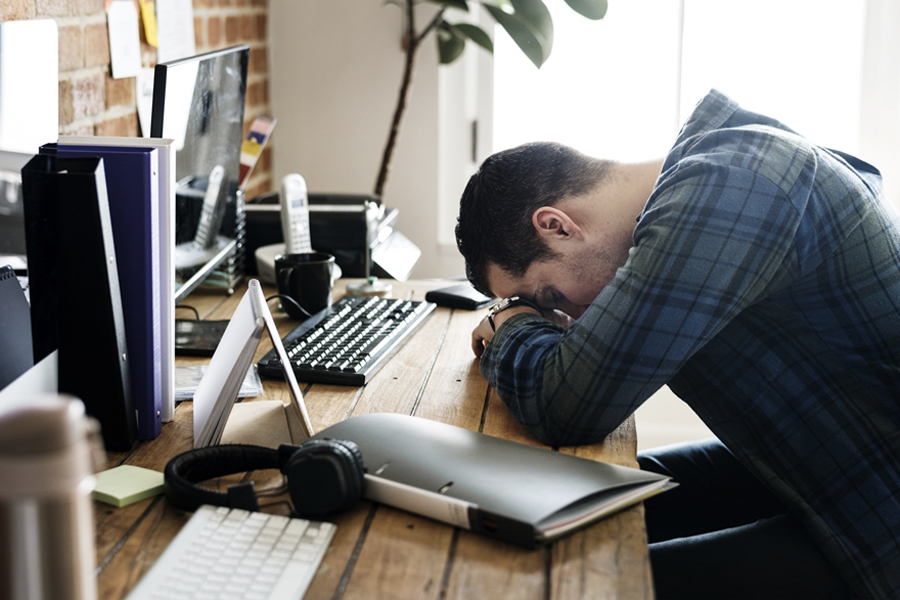
Impacts of Low Energy
We all know that having low energy isn’t a good thing. As a human being, you need a certain reserve of energy to get through your daily tasks with the required level of commitment and control. When your energy levels drop, it can impact your motivation, attention, focus and overall mental health. The result has a flow-on effect. Low energy can drop your motivation to visit the gym. If you don’t go to the gym, you could put on weight, once you put on weight, your self-esteem drops. It’s a vicious cycle that can wreak havoc on your health, but amazingly, it isn’t an isolated issue.
“Millions of people are facing these problems every single day thanks to our modern environment, but just because it’s common doesn’t mean it’s normal,” exercise physiologist and sports scientist Drew Harrisberg says. “We’re eating the wrong foods, moving our bodies in the wrong ways, relying on stimulants at the wrong times, and are disconnected from nature.”
Harrisberg would know. At age 22, he was diagnosed with Type 1 Diabetes, an illness that would change his life forever. Drew made a series of positive changes to his diet, lifestyle and attitude, providing him with a happy, healthier life. We spoke with the exercise physiologist and fitness fanatic about how to get more energy. What he revealed was that your motivation and energy levels are, much like health, reliant on a wealth of factors. Focusing less on artificial or short-term solutions, Harrisberg shares how to boost energy naturally.
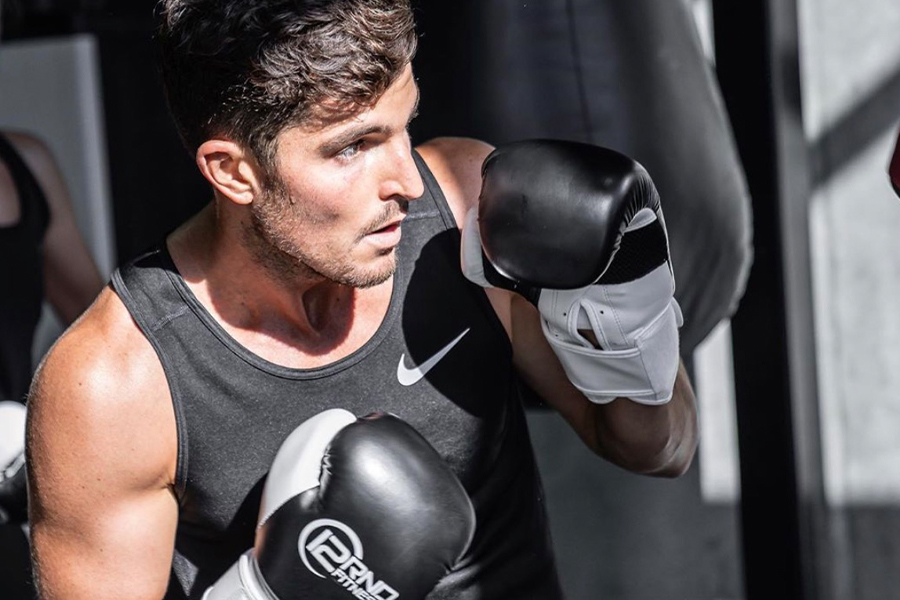
How to Boost Energy Naturally
Being able to hit the gym and stay social are two major benefits of having high energy levels, but like all things, it takes discipline. If you find yourself constantly tired, craving junk food or having trouble sleeping, it could be that you are suffering from low energy levels.
Here is a list of 10 ways to boost energy naturally, so you can fight those mid-arvo yawns and get back in the gym.
1. Sunlight
The first tip from Drew on how to boost energy naturally is to harness the power of the sun; get outside and soak up as much Vitamin D as you can. Some studies suggest that exposure to sunlight can increase the brain’s release of a hormone known as serotonin. This is the hormone we commonly associate with happiness and mood, so it makes sense that more sun means more smiles. “Sunlight plays a vital role in regulating a healthy circadian rhythm amongst many other systemic health benefits,” Harrisberg says. “Your circadian rhythm is your internal body clock which regulates your sleep-wake cycle and ultimately your energy fluctuations throughout the day, but that’s just one part of a complex equation. Your circadian rhythm is part of a biological system that dictates many critical physiological processes such as your core body temperature, hormonal levels, metabolism, blood pressure, and even the way your genes are expressed (epigenetics). Early sunshine directly in the retina of the eye (as well as frequently throughout the day) vitally important to maintain a normal, healthy circadian rhythm.”
Make an effort to get outside into the sun as early as possible. Or even better, witness the sunrise. This is nature’s way of telling your brain that it is time to start the engine so that you can perform productively over the course of the day.
2. Stress Management
It sounds obvious, but stress is a major contributor to low energy levels. Feelings of stress can make it difficult to concentrate, meaning you’re left with racing thoughts and an anxious mind. If you have a hard time tuning out and switching off, it can take a serious toll on your energy levels and overall motivation. If you are researching how to boost energy naturally and want to know how to stress less, the answer is probably right in front of you. Try to limit your screen time before bed, or engage in moderate mediation and mindfulness techniques.
3. Avoid Smoking
We know that smoking isn’t exactly great for your body, but one added side effect is significantly reduced energy levels. The toxins in cigarettes reduce your lungs efficiency, meaning you aren’t getting as much oxygen transported around your body. The less oxygen you have fueling your body, the more tired you will become. If you are a smoker, quitting can be one of the best solutions for how to increase energy levels.

4. Cryotherapy
You’ve probably seen MMA fighters and elite athletes step into a cool chamber to and freeze themselves within an inch of their life before, but what you might not have noticed is the big smile that follows.
“Cryotherapy is one of the most under-utilised tools in your toolkit,” Harrisberg says. “If you’ve tried cryo before, you’ll know that afterwards, you feel more alive and awake than ever before, and the benefits are ongoing. Whether it is cold water immersion such as a winter ocean swim or a cold shower, cold water is your best friend when it comes to boosting your energy levels.”
The sports scientist suggests incorporating more cold water therapy into your daily routine as a method for boosting energy levels. “Try turning the water to cold at the end of your morning shower and see how long you can last. Or if you live near the ocean, make an effort to swim daily. Cold water immersion is nature’s inedible energy snack that gives you a guaranteed energy boost.”
5. Caffeine Timing
Many people have a heavy reliance on the frequent intake of stimulants such as caffeine throughout the day. While coffee in moderation has actually proven to be quite good for you, the short-term energy-lift that you receive is an artificial stimulant that can throw out your circadian rhythm. You drink a coffee first thing in the morning which gives you a temporary energy lift, but then later you feel a delayed energy crash, so you drink another coffee and the yoyo-effect continues all day until you’re 5 or 6 coffees deep. Sound familiar?
“It’s a vicious cycle and a recipe for adrenal fatigue and sympathetic overdrive,” Harrisberg says. “Instead time your caffeine intake wisely. Most people drink coffee first thing which might be suboptimal. Caffeine stimulates adrenalin and cortisol release which gives you energy, but the body’s cortisol levels are naturally highest in the morning to wake us up.” According to Harrisberg, caffeine and cortisol have similar awakening effects on the body.
Adding caffeine on top of the already elevated cortisol levels is not optimal. “Instead, let cortisol do its thing naturally, then later in the morning at around 9 or 10 a.m when your cortisol levels naturally drop, you can reach for the coffee and get the most bang for your buck,” he says. “While you’re at it, choose wisely. Go for something organic, unrefined, free from chemicals and preservatives. BeforeYouSpeak Coffee have a great high-performance blend with added nutrients from ginseng, cinnamon and tumeric.”
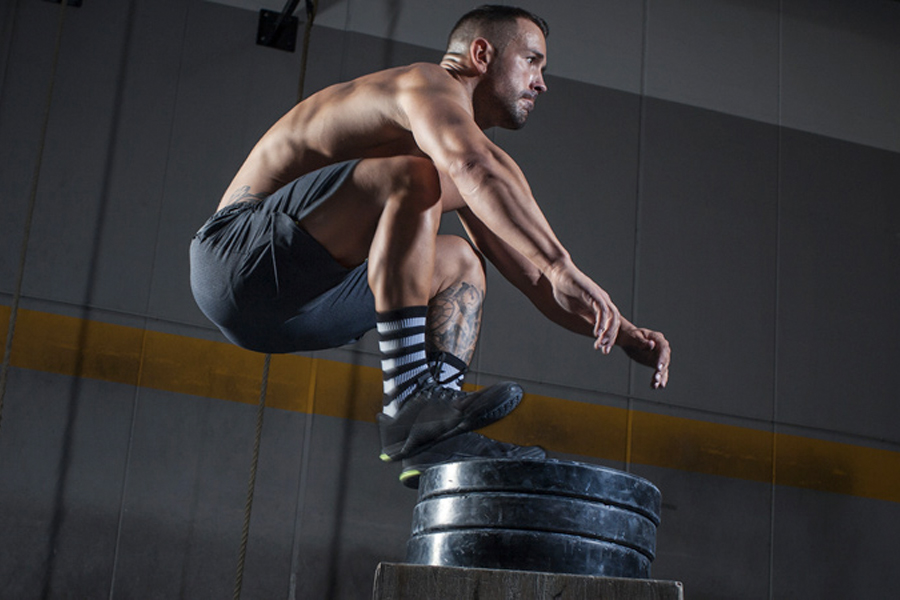
6. Movement
It might seem counter-productive to suggest moving more is a solution for lack of energy, but we’re going for long-term impacts. “Exercise can be both your best friend or worst enemy depending on the dose, frequency and intensity,” Harrisberg says. “In general, the fitter and stronger you become, the more resilient and energetic you’ll feel. It’s a fine line though. Be cautious not to overtrain/under-recover. That is a certain way to make yourself chronically fatigued and exhausted.”
The exercise physiologist reminds us that not every workout has to be a grind. It pays to incorporate a balanced dose of movement in the different heart rate zones; from low-intensity walking to moderate-intensity cardio, resistance training, and some HIIT/sprint training. “Periodise your training program so that you don’t overtrain in the very high-intensity training zone. I like to implement the auto-regulation principle. In other words, if I wake up feeling sluggish I’ll swap my scheduled HIIT session for a lower intensity, longer duration workout. You can also use objective measures such as heart rate variability (HRV) and resting HR to monitor your readiness to perform and state of recovery.”
Put simply, HRV is a lens into your autonomic nervous system (made up of the sympathetic and parasympathetic). Harrisberg says we want high HRV, with largely variable intervals between heartbeats, and a low resting HR. “If they start going in opposite directions, its time to swap your scheduled HIIT workout session for something of lower intensity like a walk or yoga. Take a rest day when needed. Be intuitive. Listen to your body.”
7. Limit Alcohol Consumption
We all love to have a drink every now and then, but increased alcohol consumption can certainly have an impact on your energy levels. If you are wondering how to boost energy naturally, one of the easiest things you can do is cut out the booze, particularly if you are someone who believes a nightcap before bed helps them sleep. In reality, drinking alcohol directly before bed can interfere with the quality of your sleep, thus leading to low energy following day. Always watch your drinking and make sure you pace yourself.
8. Sleep Routine
On that note, the best thing you can do to prepare for a high-energy day is to get a great night’s sleep. In order to ensure you get the most out of your relaxation, Harrisberg recommends putting together a healthy evening routine; something that primes your body for optimal sleep quality and quantity. “My general rules for a good night’s sleep are: limit screen time 1-2 hours before bed, sleep in a cool, dark, quiet room, and avoid blue light at night.”
Blue light-emitting devices such as phones, TVs and laptops are a recipe for feeling wired and awake. The blue light tricks your brain into thinking its daytime and disturbs your circadian rhythm. Limit your screen time at night and/or use blue-light blocking glasses or screen protectors. Turn off as many lights as possible and swap your globes to amber coloured globes. Or even better, use candles.
Another lesser known tip is to have a warm (but not too hot) shower 60-90 mins before bed then let your skin radiate heat – especially your feet. Studies have shown that the cooling-effect can help people fall asleep. If you follow these general guidelines you’ll wake up energised and ready to go!
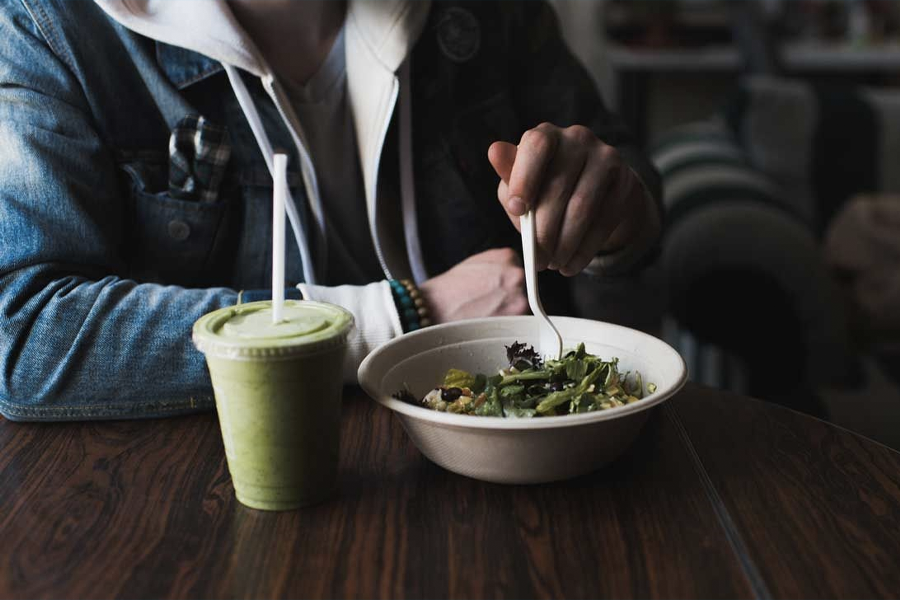
9. Diet
If you are always feeling sluggish or tired, chances are you need to look at your diet. Even a finely-tuned vehicle won’t run efficiently without the proper fuel, so take careful consideration over what you are putting into your body. Make sure you eat a balanced diet of high-protein, low-sugar foods that incorporate a number of key vitamins and minerals. Make sure you have a healthy dose of iron, along with calcium and omega 3 fatty acids.
10. Hydration
Much like smoking, increased hydration has a significant impact on the oxygenation of your muscles. Drinking more water can help to stimulate your muscles and keep your body running at optimum performance. On the other side of the equation, dehydration can lead to poor brain function, mood and energy levels. Try to aim for at least six to eight glasses of water per day.
You’ll also like:
How Much Water Should You Drink Per Day?
How Many Calories Per Day to Lose Weight?
Top 10 Foods to Burn Calories
If you want to boost your energy immediately, ingesting something with a high caffeine concentrate, such as a black coffee, or alternatively, something high in natural sugar, such as a banana will give you an instant hit. Your energy levels are a direct reflection of what you fuel your body with, so immediate energy boosts call for more food.
There are a number of factors that may lead to low energy. While you may suffer from an undiagnosed energy or mineral deficiency, the more likely cause is lifestyle. Certain factors such as diet, exercise and sleeping pattern can throw out your energy levels.
Ingesting vitamins such as vitamin B12, along with green tea and foods with low glycemic index levels will provide you with long-lasting energy.





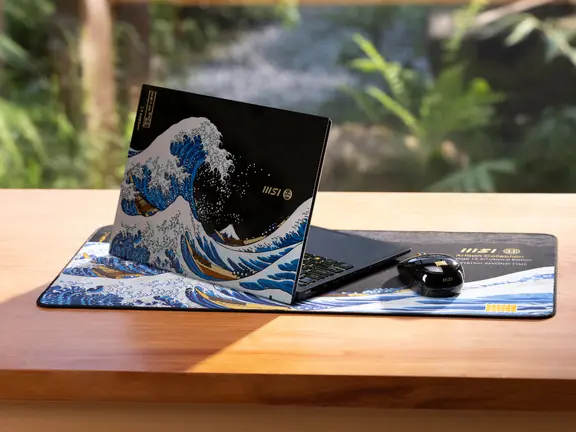

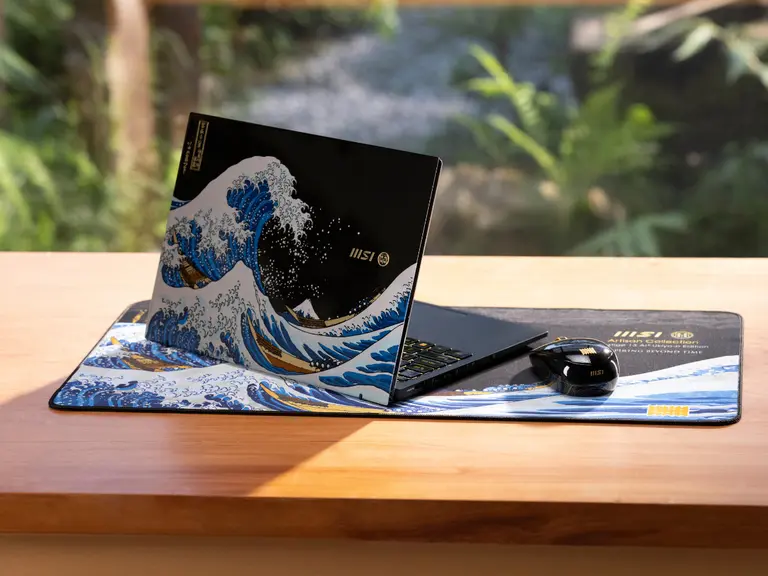

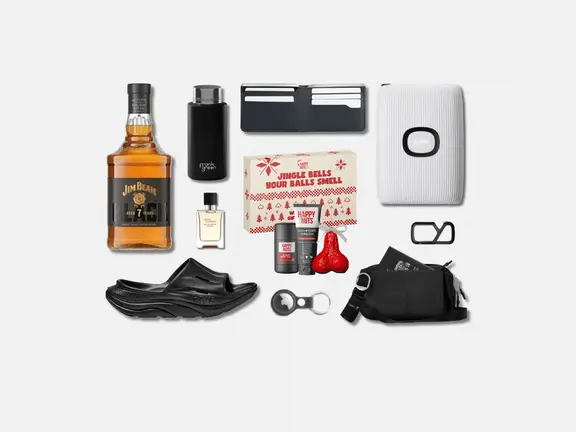













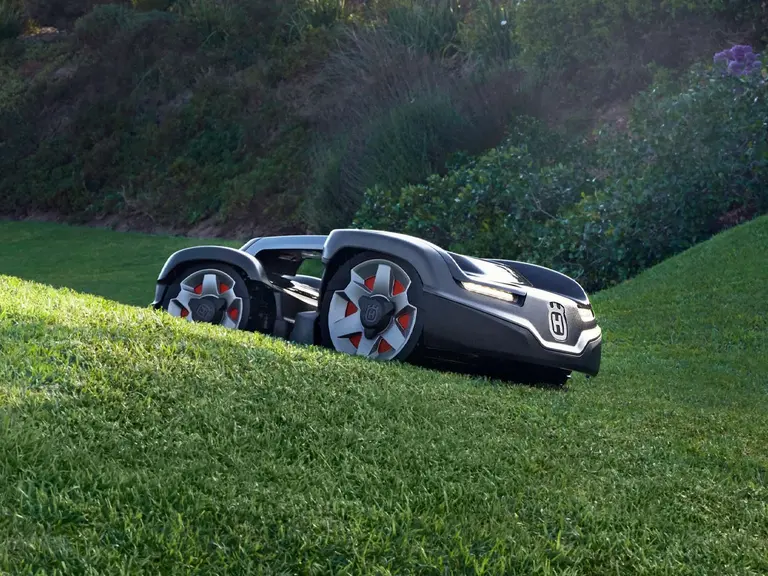





Comments
We love hearing from you. or to leave a comment.